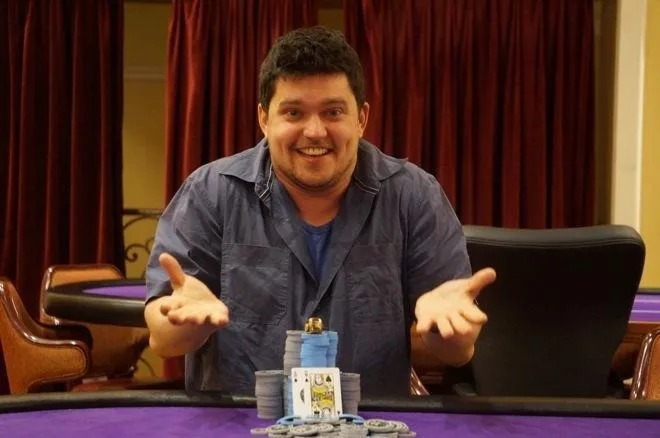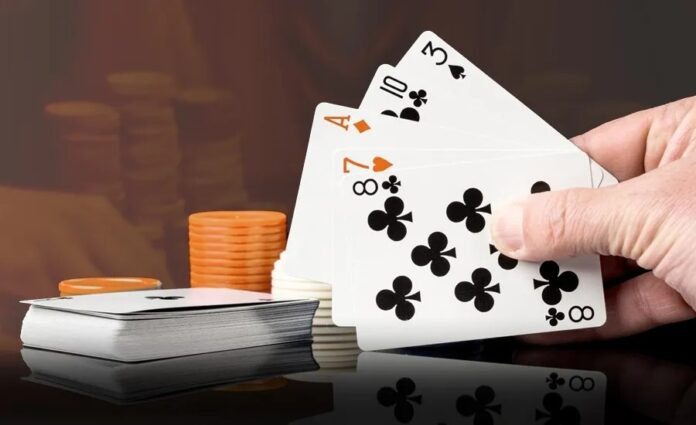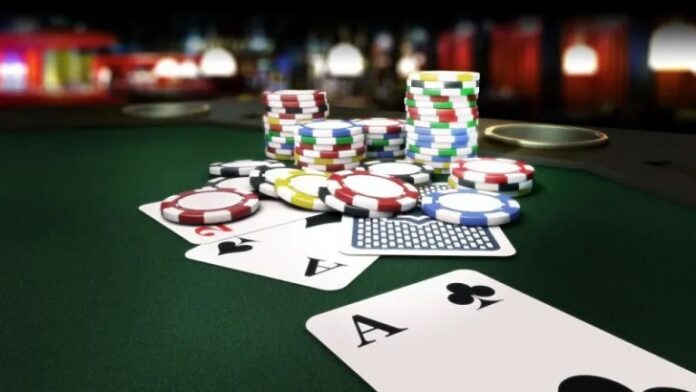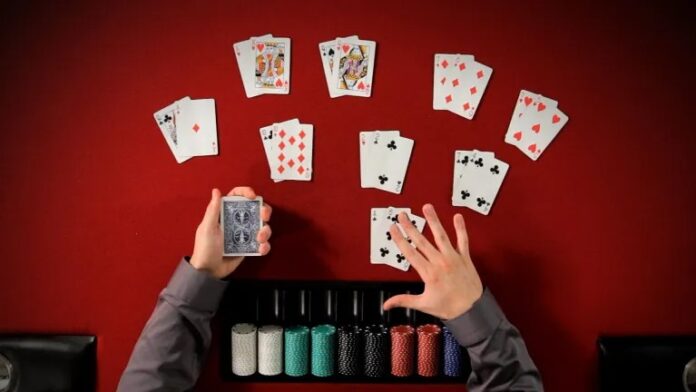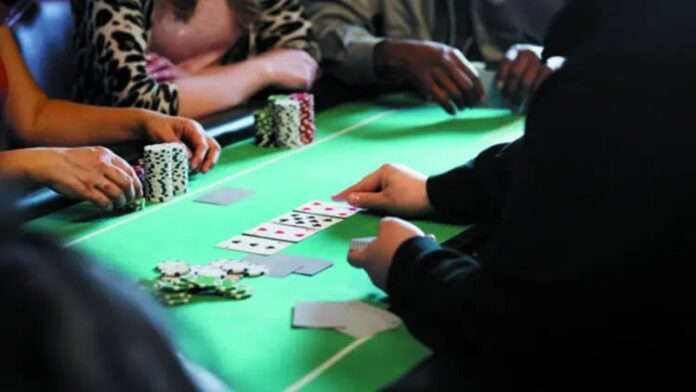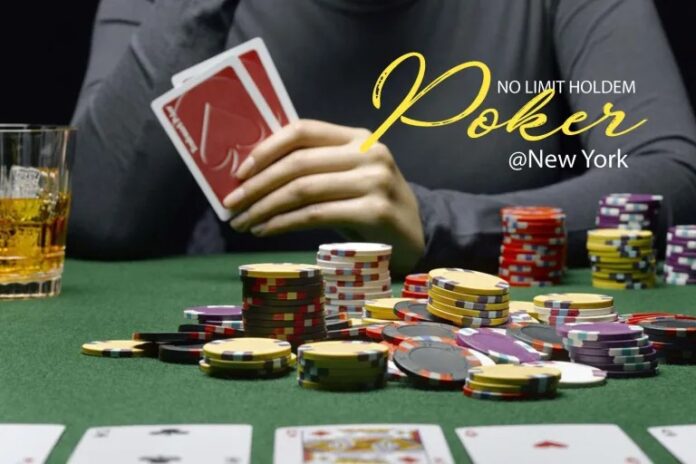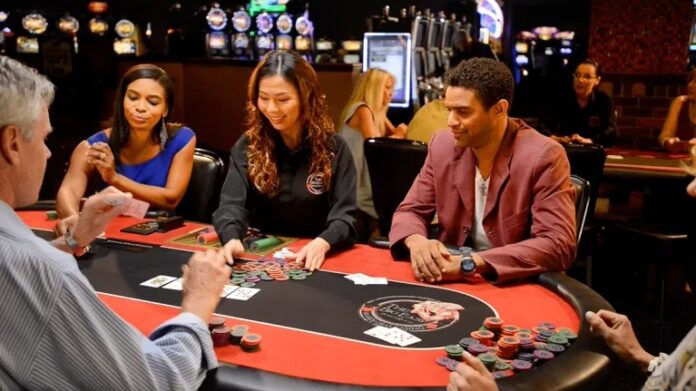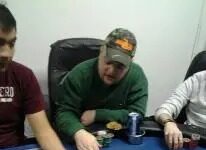Mikita Badziakouski has won the 2018 Triton Super High Roller Series Montenegro $1,000,000HKD ($127,396 USD) buy-in main event. The Belarusian poker pro outlasted a field of 63 total entries in the massive high-stakes event to win 19,618,400 HKD ($2,550,392 USD) and his fourth live tournament title. With career earnings of more than $9.1 million, he is by far the highest earning player ever from Belarus, with more than three times as much as his nearest competitor in har Soika ($2.8 million).
In addition to the title and the money, Badziakouski also earned 720 Card Player Player of the Year points as the champion of this event. This was his second title and third final table finish of 2018, and as a result he has moved into 41st place in the overall POY standings.
When the final day began Badziakouski sat in a tie for second chip position with Peter Jetten. Both players had 49 big blinds, which was just shy of half the stack that chip leader Steffen Sontheimer began with. Badziakouski knocked out Manig Loeser in eighth place ($261,950 USD) and won a few other key pots in order to take the chip lead during five-handed action. He then butted heads with Sontheimer, who was still the second largest stack at the table. Peter Jetten had min-raised to 200,000 in late position and Badziakouski three-bet from the small blind to 650,000. Sontheimer moved all-in from the big blind for around 3 million and Badziakouski eventually made the call with the JSpade SuitJHeart Suit. He was racing against the AHeart SuitHeart SuitQHeart Suit of Sontheimer. The board came down 6Diamond Suit6Club Suit5Club Suit7Spade Suit7Diamond Suit and Badziakouski’s pair held up to earn him the pot and the massive chip lead heading into four-handed action. Sontheimer took home $493,090 USD for his deep run.
Rui Cao eliminated Peter Jetten in third place ($1,040,260 USD) to close the gap somewhat, but Badziakouski still held more than a 2-to-1 chip lead at the start of heads-up action. He increased that advantage even further by the time the final hand arose.
With blinds at 75,000-150,000 Cao raised to 375,000 from the button with the QHeart Suit5Spade Suit. Badziakouski called holding the AClub Suit2Heart Suit. The flop brought the ASpade SuitKSpade Suit6Diamond Suit and both players checked. The 7Heart Suit on the turn prompted a 250,000 bet from Badziakouski. Cao riased to 750,000 and Badziakouski made the call. The river was the 4Heart Suit and Badziakouski checked to Cao, who moved all-in for 3,050,000 with just queen high. Badziakouski thought it over and eventually made the call with his pair of aces, earning him the pot and the title. Cao was sent home with 13,217,000 HKD ($1,718,210 USD) for his deep run.
Here is a look at the payouts and POY points awarded in this event:
| Place | Player | Earnings (USD) | POY Points |
| 1 | Mikita Badziakouski | $2,550,392 | 720 |
| 2 | Rui Cao | $1,718,210 | 600 |
| 3 | Peter Jetten | $1,040,260 | 480 |
| 4 | Chan Wai Leong | $716,560 | 360 |
| 5 | Steffen Sontheimer | $493,090 | 300 |
| 6 | Ivan Leow | $369,850 | 240 |
| 7 | Steve O’Dwyer | $300,560 | 180 |
| 8 | Manig Loeser | $261,950 | 120 |
| 9 | Dietrich Fast | $254,280 | 60 |


